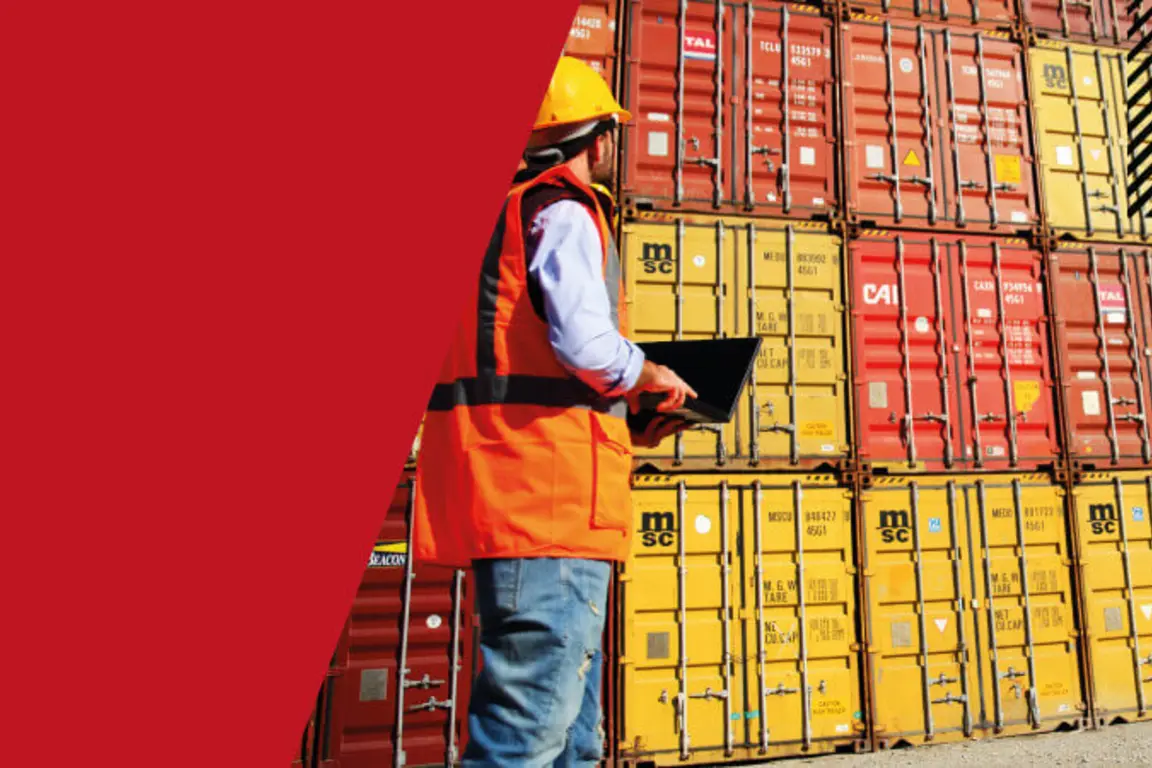Many manufacturers send their UK based workers to the EU to provide technical and engineering services, relying upon their expertise and qualifications to do so.
Frequently, these workers will have UK based qualifications that demonstrate their competence in areas such as electrical or mechanical engineering and may be required by service recipients under the national rules of the member state that they work in.
After 31st December, their qualifications will not be covered by EU law, and instead, will be subject to the national rules of each of the 27 member states of the EU.
Before 31st December 2020, during the UK/EU transitional period, UK qualifications can be mutually recognised throughout the EU. This allows UK manufacturers to deploy their UK workers in the EU and comply with health and safety, insurance and contractual requirements. After the end of 2020, holders of UK qualifications will no longer benefit from EU mutual qualification recognition, and will encounter barriers in working in the EU in sectors like manufacturing.
UK businesses may be unaware of this and the fact that without the EU system, UK qualifications will no longer benefit from the fact that they can be accepted by their EU customers, giving them re-assurance that UK workers are competent to work for them.
As a matter of urgency, manufacturers need to -
- Look carefully at who they send to the EU, and whether their qualifications are needed to work there
- Speak to their EU customers, contacts and clients, and ask if they require UK workers to hold specific qualifications to work for them
- Consider if the branch of manufacturing that they work in is regulated under the rules of the individual EU country they are working in
- Read the EU technical note that provides them with more information
Many sub-sectors of manufacturing are tightly regulated under the national rules of each individual member state with complex rules governing who can work in them and what activities they are permitted to undertake. Sub-sectors often facing increased regulation are chemicals, aerospace, mechanical and electrical engineering.
Without access to the EU mutual recognition platform, UK manufacturers will need to carefully assess which UK qualifications will be recognised under the individual laws of each member state that they are operating in.
This will usually mean contacting the relevant national body and providing details of the type of level of qualifications held by their workers and checking that there is a mutual recognition decision in place. If there is not, then the business will need to consider alternatives, such as applying for a mutual recognition decision or seeking alternative workers who hold a qualification that is recognised.
For more information on individual country rules, go to:
https://ec.europa.eu/info/sites/info/files/file_import/professional_qualifications_en.pdf
